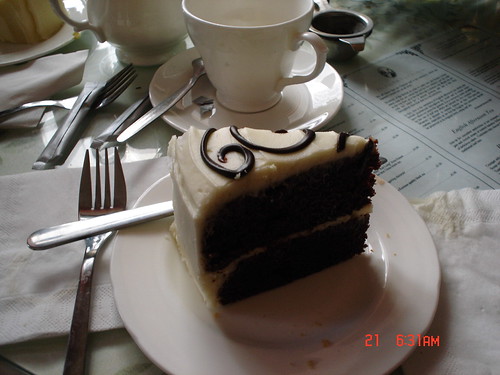Generally speaking, a PLE indicates the way we learn, how and where we collect information and organize it.
It took me a lot to think about my PLE and how to arrange it. I decided to outline it using Word and then to scan it. I changed the layout and the type size in order to make it more readable once posted on this blog. I used also different colours for the lines of each branch to make my PLE clearer.
My Personal Leaning Environment has four branches, and the main categories are then sub-divided in several parts. First of all, I pointed out where I learn; I can find information and elaborate it on the Web or in the real world (that is, on paper, but also in everyday interactions with people).
Another branch is about how I gather information; this happens when I read, listen to or watch something. These activities can take place in a formal or an informal context of learning. The former is strictly connected with my university experience and refers to the tools that I consider expressly devoted to the language learning: textbooks, essays, dictionaries, grammars, courses at university, conferences and seminars. The second context refers to the tools that I use in my everyday life that contribute to my language learning, even if I don’t conceive them as official and conventional; they consist in songs, books that I read in my free time, TV programs, videos, newspaper articles and magazines, websites, podcasts, forums, blogs, chat rooms, e-mails, conversations with foreigners that can take place also when travelling abroad.
Another important branch of my PLE consists in the activity of storing and organizing information that I gathered. First of all, I try to keep in mind new words and grammatical rules; since it’s inevitable that I forget some pieces of information, I often make outlines, which I consider very helpful in order to improve my visual memory. When I attend lessons at university or when I read something interesting, I usually take notes to fix pieces of information and making them available when I need to read them again. For the same reason, I sometimes record TV programmes, songs, videos and podcasts, or I copy or photocopy some parts of texts. Thanks to Sarah, I recently learned how to store URLs on the Web using Bloglines and Del.icio.us. I think that feed aggregators and the activity of social bookmarking are really useful for my language learning, and in general to retrieve and save information.
The last branch of my PLE deals with the activity of formulating and expressing information, which is strictly tied up with the previous ones. It’s the last step of my learning process, and I consider it very useful since I’m forced to think about what I’ve previously learnt and then arrange and connect information. When I want to express some concept or my ideas, I deeply think about them and I communicate them by speaking or writing (using a computer or on paper).
I hope you enjoyed reading through my PLE. What about you?
Veronica














